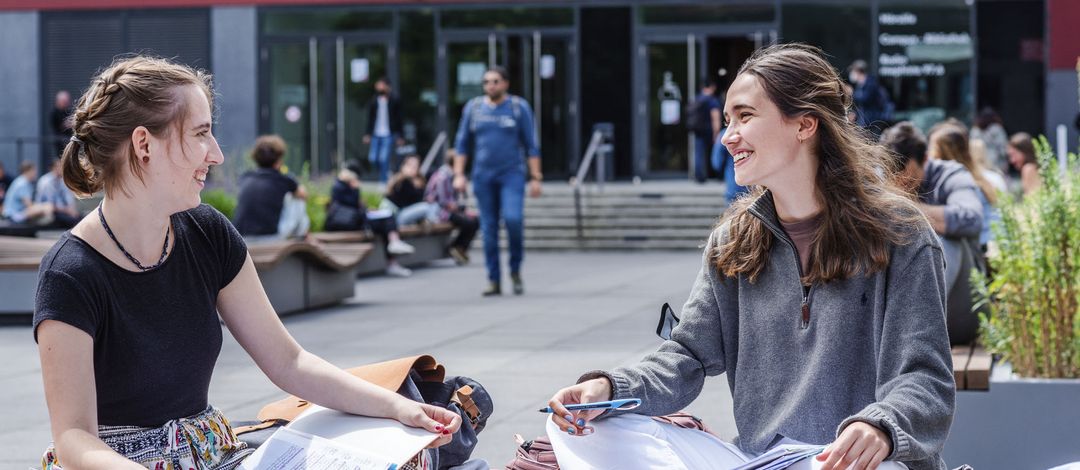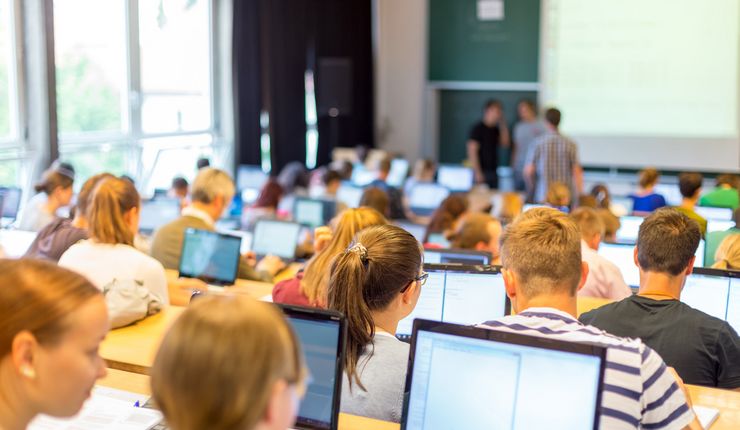Starting Your Studies
Our Courses of Study
Our faculty offers courses of study in Physics, Meteorology, Remote Sensing and Geography. You can study Physics in German or English language. The master's programmes in Meteorology as well as in Earth System Data Science and Remote Sensing are offered in English.
Starting Your Studies
We warmly welcome all new students to the Faculty of Physics and Earth System Sciences. Here you will find all information and event announcements related to starting your studies at our faculty.
Welcome Events
During the introductory week, various events will take place at our faculty in addition to the central activities at the Augustusplatz campus. We are looking forward to your participation in introductory lectures on the courses of study and in the events of the student representatives.
Important Facts & Links
In this section you will find links to further general and subject-specific topics. For questions, the rule of thumb is: for general topics – central contacts, for examinations and subject-specific questions – study office of our faculty.
Studying in Special Circumstances and with Disabilities
- Studying with Disabilities, Compensation for Disadvantages (opens in a new tab)
- Equal Opportunities, Diversity and Family (opens in a new tab)
- Psychosocial and Social Counselling, Legal Assistance (Studentenwerk) (opens in a new tab)
- Psychosocial and Social Counselling, Legal Assistance (StuRa) (opens in a new tab)

